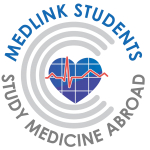
Located in: Georgia
















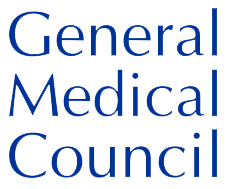





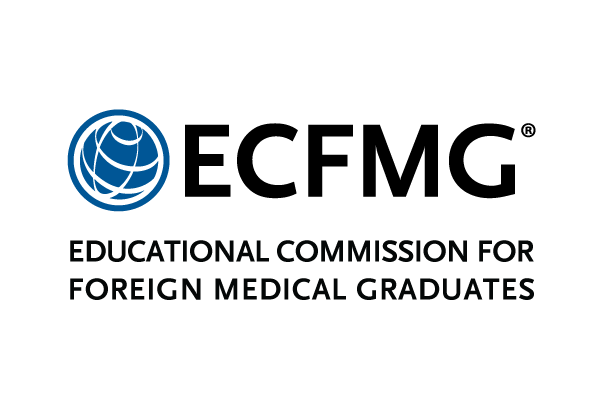



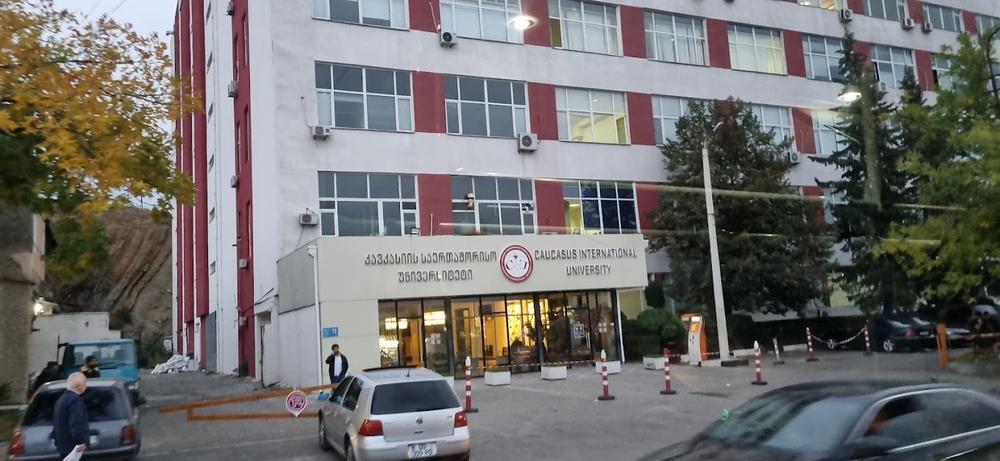

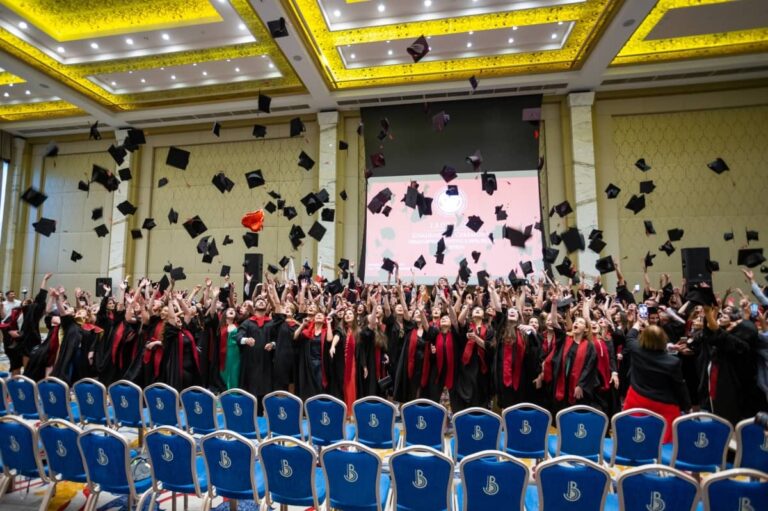

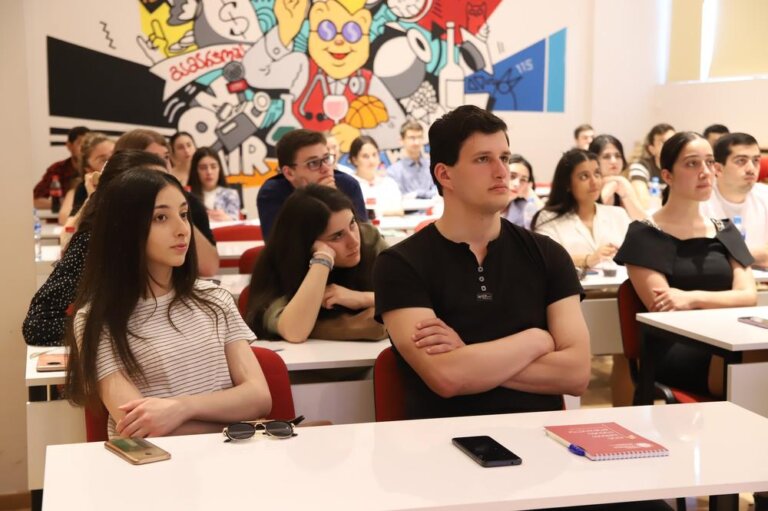

Caucasus International University (CIU) was founded in 1995 as a medical institute, but in 2006 it was turned into a multi-profile higher education institution. The university is located in the capital of Georgia - Tbilisi. It now has 5 faculties.
Tbilisi is a town with a long history. Its old town with cobblestones attracts many tourists every year. But what attracts even more people here is that it is home to many Georgian medical universities that teach medicine in English, including one of the best medical schools in Europe - European University. The city provides low-cost living options and universities - with affordable tuition fees and high standards.
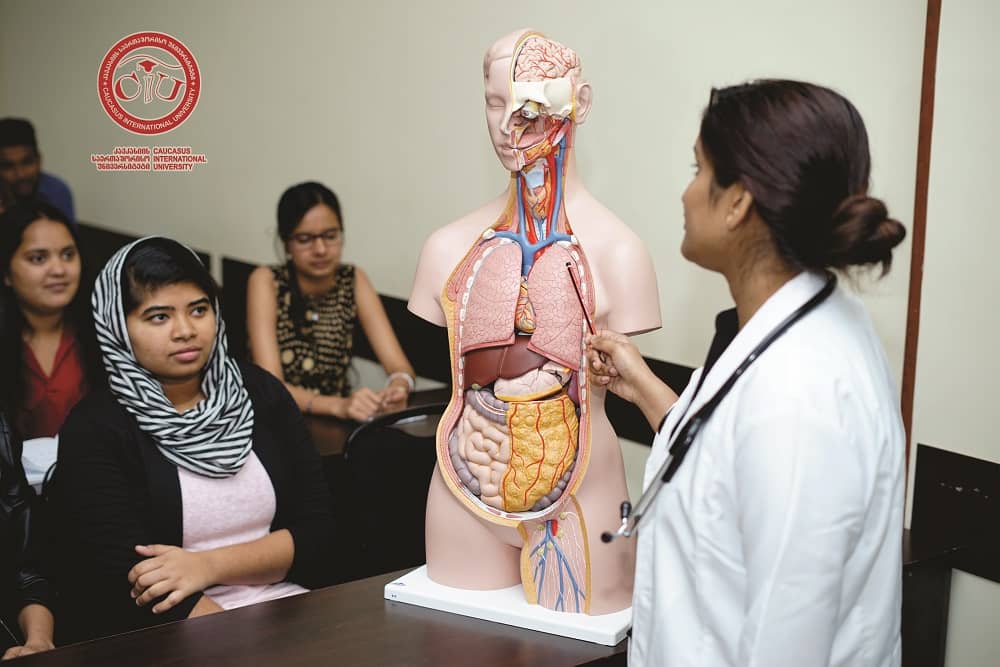

CIU offers medicine course entirely taught in English. All programmes are well-organised with theoretical lectures and clinical practices. This aims to prepare the students not only to know how to treat patients but also to be able to do it.
Also, the university offers a Pre-Medical course of 8 weeks. This course is not obligatory, but it’s a good start for a proper education. It contains the subjects Biology, Chemistry, and Physics.
The university accepts student transfers and also has a graduate entry option for Dentistry. This programme is designed for students with a Bachelor’s Degree in a scientific discipline. This route, known as an accelerated pathway, enables students to start studying directly from the 2nd or 3rd year, depending on the subjects they’ve studied in their previous degree.
Caucasus International University is located at 73 Chargali St, T'bilisi, Georgia.
Contact us for FREE consultation with one of our expert academic advisors to learn about your option to study in Georgia.
Students at Caucasus International University receive comprehensive clinical training at a wide range of prestigious partner and affiliated hospitals, medical centres, and clinics to ensure hands-on experience in diverse medical fields. This includes:
The tuition fees are as follows:
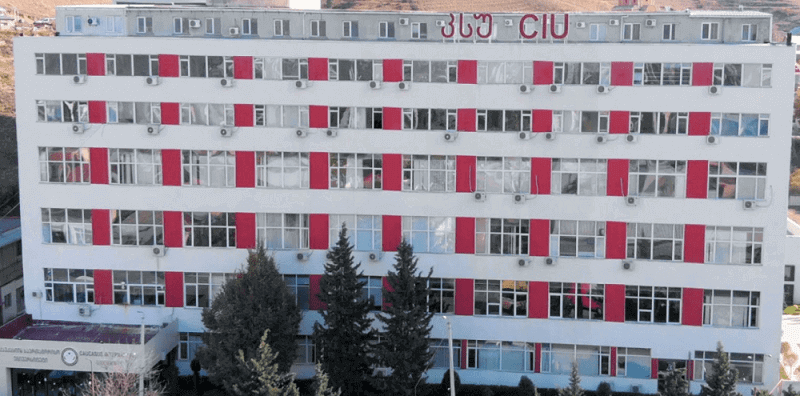

To apply to this university, you need to prove your English proficiency of at least a B2 level. You can do it by presenting a certificate or taking the university’s English exam.
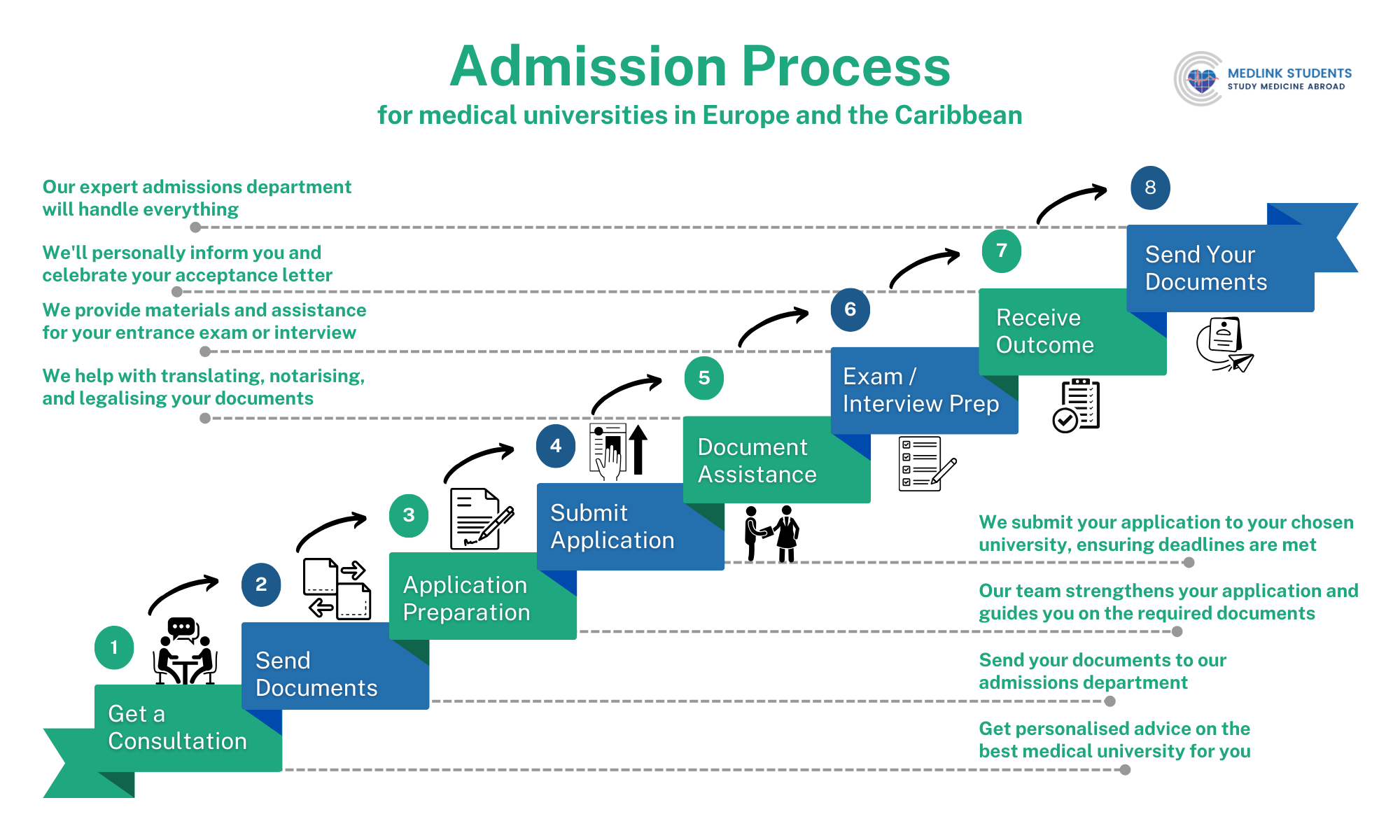

Dealing with the intricate rules that medical universities have for international students can be quite tough. Caucasus International University, for example, has a detailed set of application requirements like documents that require translations, legalisation procedures, and notarisation specifics and failing to strictly follow these rules can result in an unsuccessful application. With Medlink Students, we simplify this complex process by managing your application from start to finish. Our expertise lies in sorting out these complexities, paving a smooth path for your successful admission to this prestigious medical university. We maintain close relationships with Caucasus International University and deeply understand their application process and what they seek in an ideal candidate. With the support of Medlink Students, you can avoid the exhausting and confusing parts of applying to an overseas medical school, allowing you to focus on what truly matters - preparing for exams and starting your journey toward a successful career in medicine.
The university is aaccredited, internationally recognised, and a member of FAIMAR, WFME and EQAR. It is listed in the World Directory of Medical Schools (WDOMS CIU), a list that is managed by WHO (World Health Organisation) that only includes accredited medical schools.
Affordable prices at Tbilisi allow the students to choose to live on their own. A 1-bedroom apartment in the city centre can cost only monthly. In total, per month, you will need around - for rent, utilities and living expenses.
Classes for the first semester start in mid-November and last until the end of March. The exam period starts after the term and finishes at the end of March.
The second term begins in early April and lasts until mid-July, followed by a 3-week examination period.










Yes! The university offers a Pre-Medical course to prepare students for the main programme.
The university conducts clinical studies in leading modern partner hospitals in both Georgia and Spain, ensuring practical exposure for medical students.
CIU has introduced the Peer Mentor Institute to help freshmen and mobility students integrate into university life, offering consultations, recommendations, and various activities
The Career Development Service was established in 2012 and aims to assist students and alumni in career planning and skill acquisition for professional success.
The curriculum aligns with GMC standards, allowing students to practise as doctors in the UK.
The focus is on gaining practical knowledge and skills. It emphasises both theoretical lectures and clinical practices, ensuring students are well-prepared for real-world medical scenarios.
The university does not require entrance exams, making the admission process easy and accessible.
Tuition: Medicine ( annually), Dentistry (about per year).
The university is accredited, listed in WDOMS, and recognised by FAIMER, WFME, and EQAR.
Located in the capital of Georgia - Tbilisi, which is one of the safest capitals in the world
The university partners with leading modern hospitals in both Georgia and Spain to provide clinical training for students. This offers students exposure to diverse medical environments and practices.
Studying in Tbilisi, one of the safest capitals in the world offers students a secure environment combined with a rich cultural heritage.